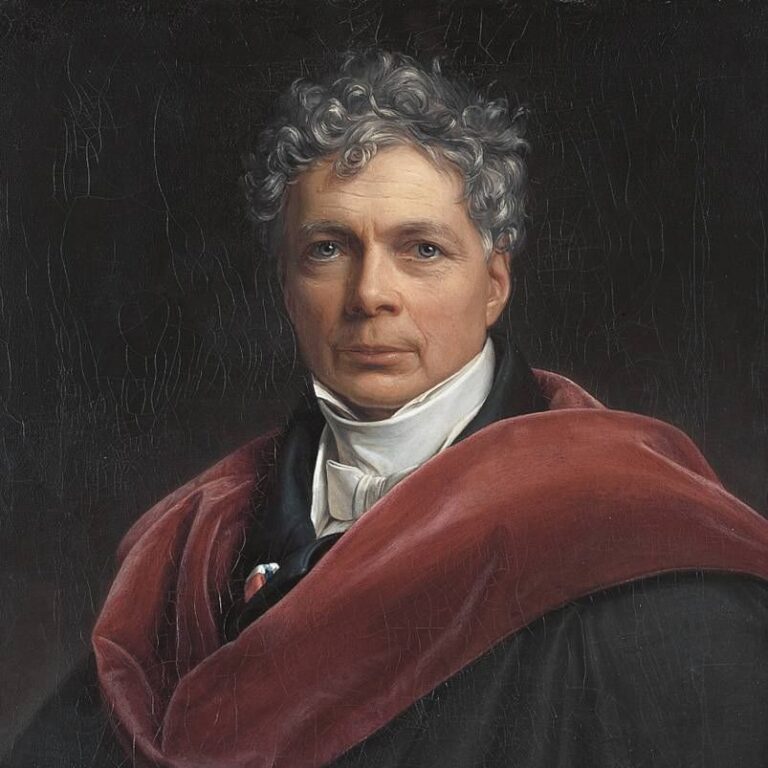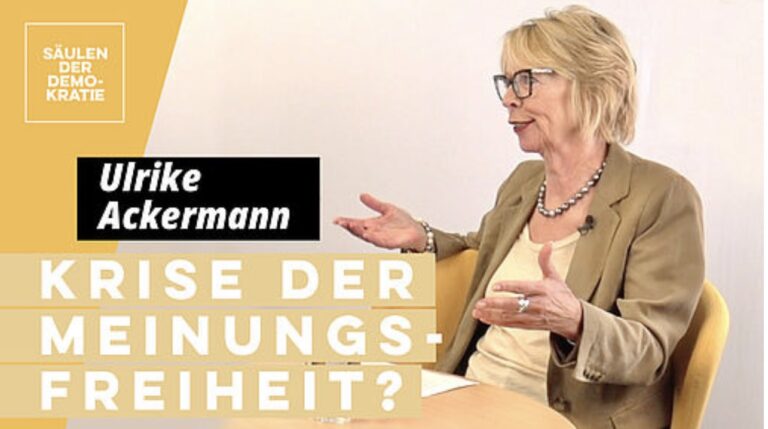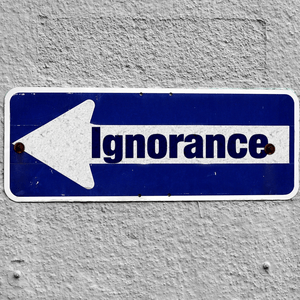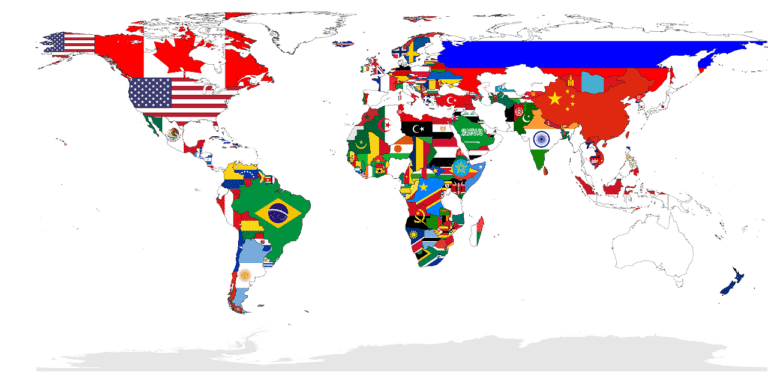Die Macht und die Moral der Freiheit –oder wie Schelling Spinoza und Kant synthetisiert

Von Johannes-Georg Schülein (Bochum) Wie zu Beerdigungen ist es oft auch zu Jubiläen üblich, das Gute zu betonen und das Problematische zu verschweigen. Nirgends, sagt eine Redensart, wird daher so viel gelogen wie auf Beerdigungen – und, so darf man…







